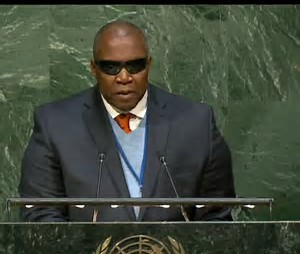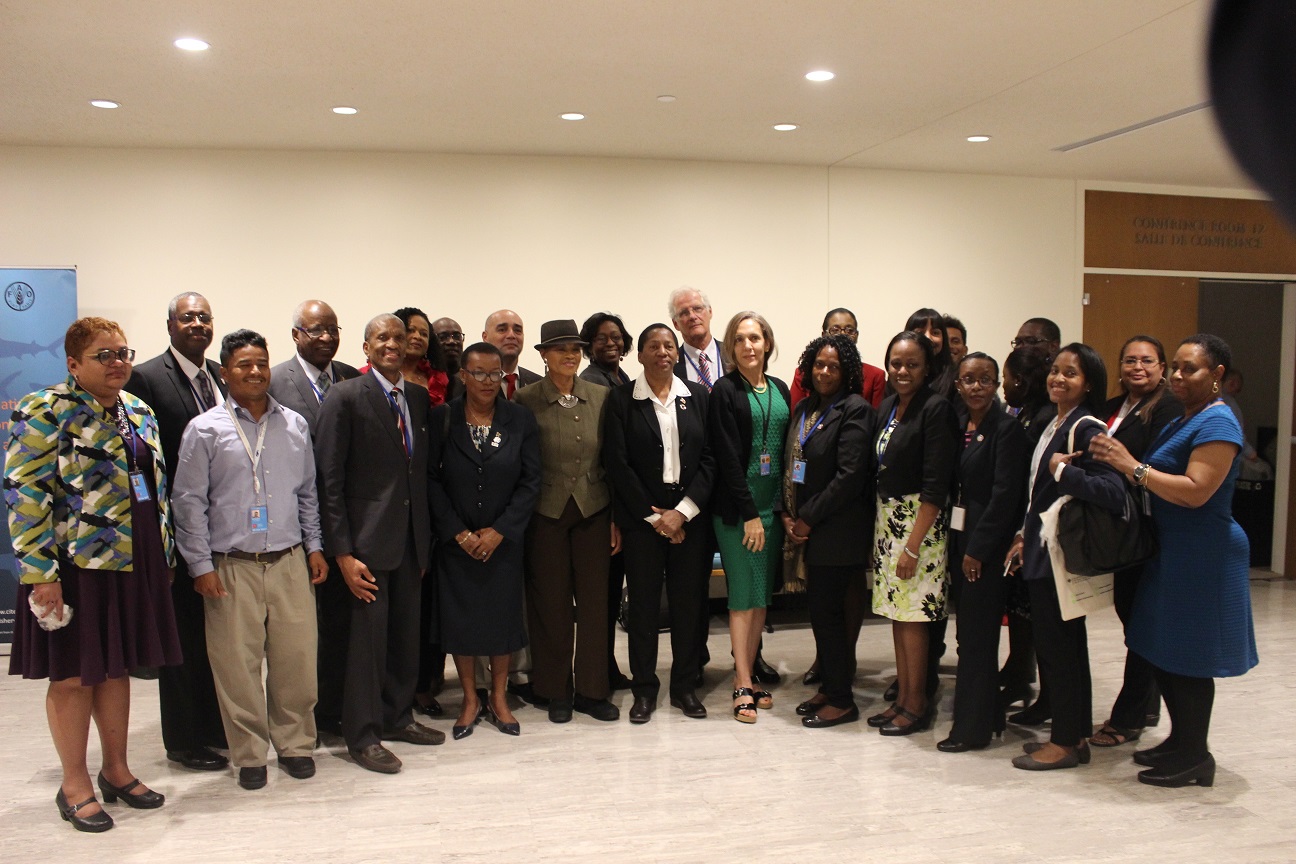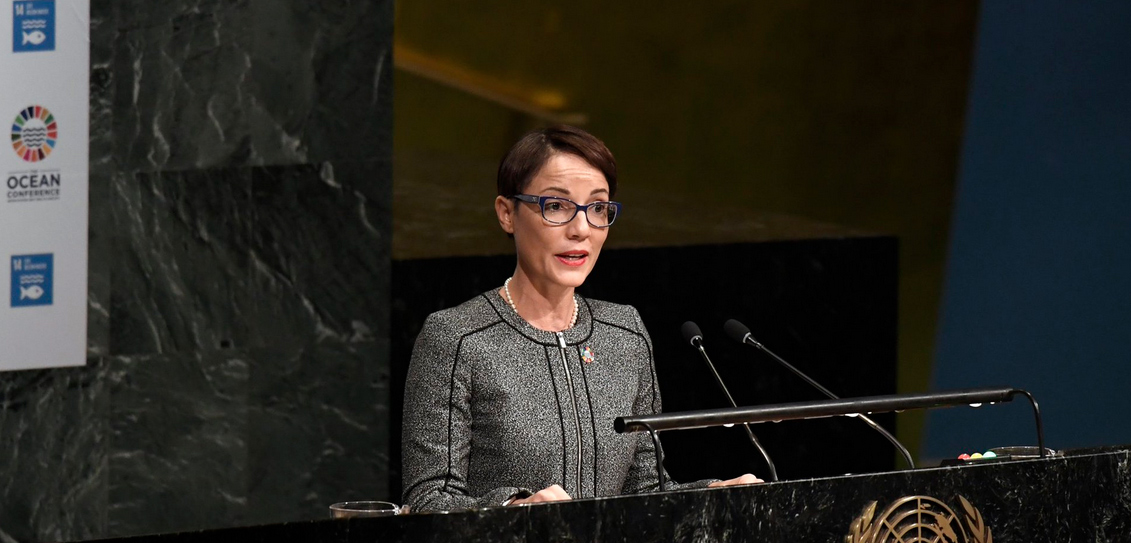The Caribbean Community (CARICOM) will participate actively and pursue positive outcomes at the 5-9 June 2017 High Level United Nations Conference, which is expected to agree on a Call For Action to conserve and sustainably use the oceans, seas and marine resources for sustainable development. The Conference supports implementation of Goal 14 of the 17 Sustainable Development Goals (SDGs) to transform the world – part of the 2030 Agenda for Sustainable Development, adopted by world leaders in 2015.

For the Caribbean Community, key outcomes in the Call for Action are expected to include commitments to; plastic bag and polystyrene bans, establishment of marine protected areas, sustainable fishing practices including community driven practices, establishment of national ocean governance policies and mechanisms, and adoption of public policies to advance sustainable ocean-based economies.
The CARICOM Secretariat, in partnership with the Caribbean Regional Fisheries Mechanism (CRFM), the University of the West Indies (UWI), and with the Government of Belize as focal point, has convened two Side Events on behalf of CARICOM Member States.
The first, on Wednesday 7 June, will focus on Ocean Governance and SIDS Sustainable Development. This will address the Region’s concerns about the highly fragmented nature of arrangements for the management of marine ecosystems as it relates to biodiversity, fisheries, pollution and climate change.

The Programme, to be chaired by Assistant Secretary-General, Human and Social Development, at the CARICOM Secretariat Dr. Douglas Slater, will feature remarks by Government Ministers from Belize and Barbados and a panel discussion with officials from the University of the West Indies, Pacific Island Forum, and the Indian Ocean Commission.
The second side event, on Thursday 8 June, will focus on scaling up successful approaches to sustainable fisheries development and management in the Caribbean SIDS Region through cooperation and partnership. It will stress that the fisheries and aquaculture resources offer considerable opportunities for further wealth creation as well as for reducing poverty, achieving food and nutrition security and providing meaningful employment for the people, including women and marginalised and vulnerable youth.
This event will hear remarks from Dr. Slater, the Agriculture and Fisheries Minister from St. Vincent and the Grenadines, and a representative of Norway’s Foreign Ministry. The panel discussion will feature officials from the CRFM, the United Nations University, the Caribbean Network of Fisherfolk Organisations, and Norway’s Fisheries Ministry.
The CARICOM Secretariat’s Energy Unit and the Regional Institution CCREE will also be involved in a Side-Event on Energy Services from Organic Waste for Productive Uses – Integrated Waste Management Solutions for Coastal, Marine and Freshwater Protection in Small Island Developing States (SIDS). This event is scheduled for Thursday 8 June.
CARICOM Member States and Regional Institutions will also participate in other Side Events which focus on issues that connect to the Region’s development.
Representatives of CARICOM Member States and Institutions will also be among the Speakers for the seven Partnership Dialogues which will anchor the five days of the Conference. The themes to be covered are: addressing marine pollution; managing protecting, conserving and restoring marine and coastal ecosystems; minimising and addressing ocean acidification; making fisheries sustainable; increasing economic benefits to SIDS and LDCs and providing access for small scale artisanal fishers to marine resources and markets; increasing scientific knowledge and developing research capacity and transfer of marine technology; and implementing international law as reflected in UNCLOS.
CARICOM Member States will be represented at the meeting by Heads of Government, Ministers and technical officials.





